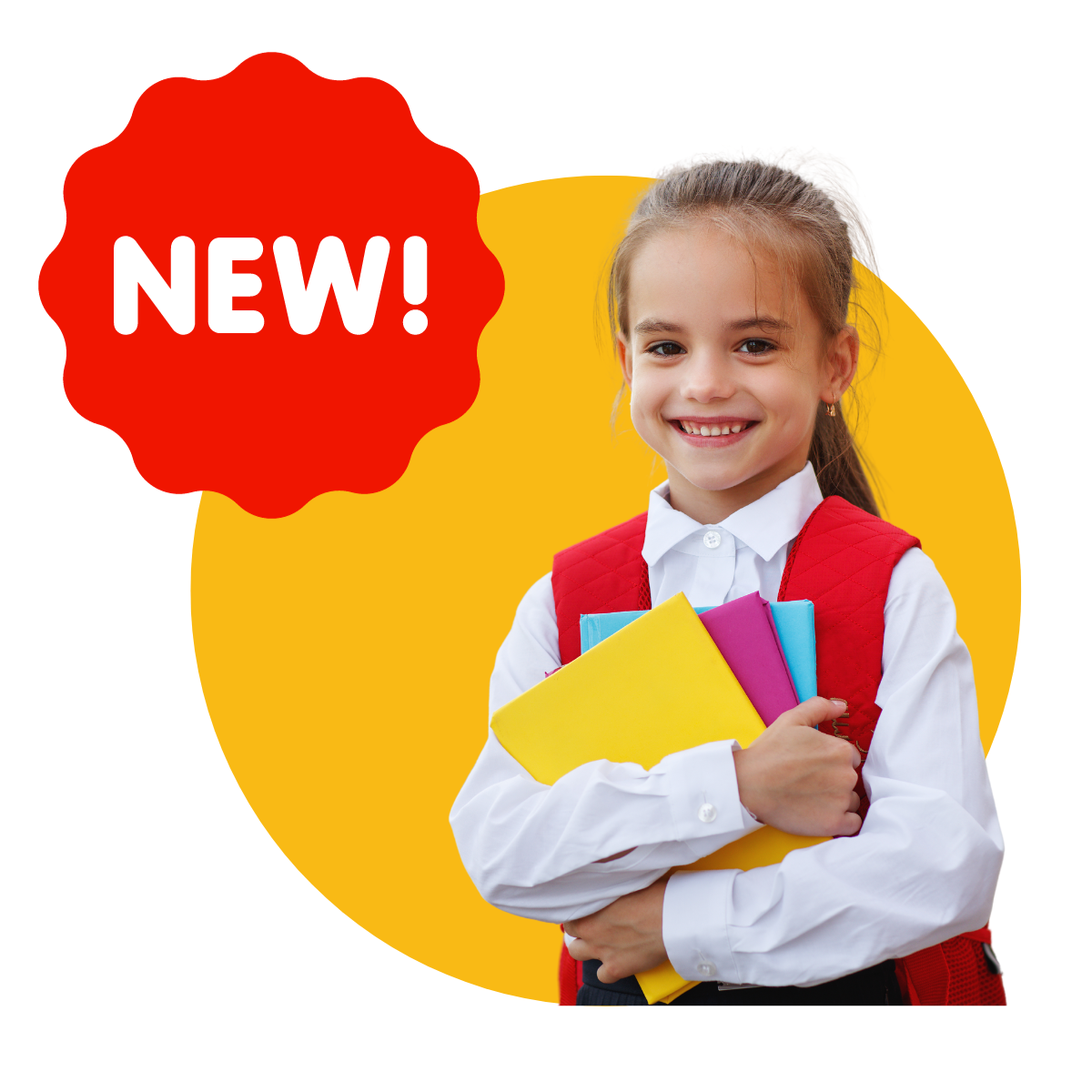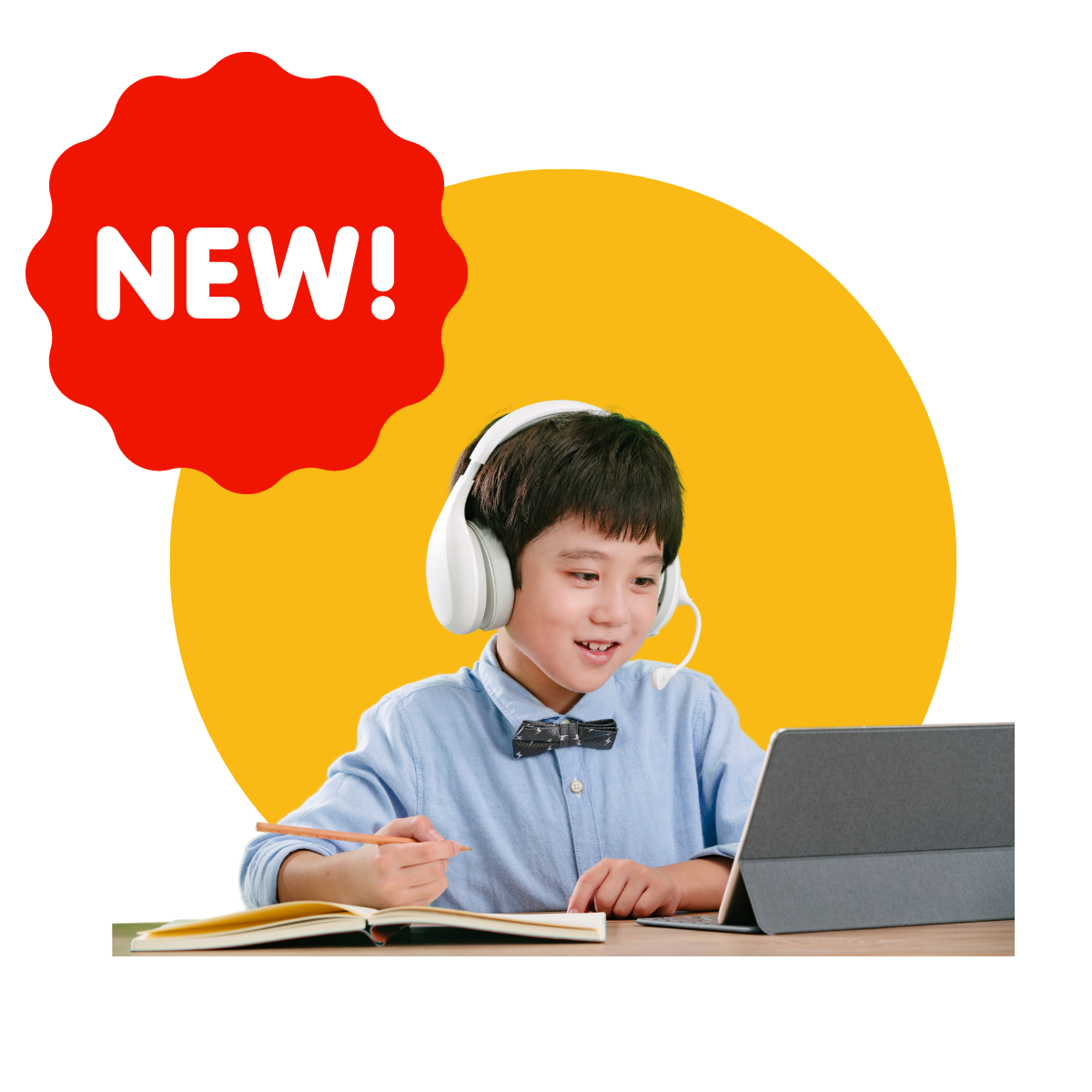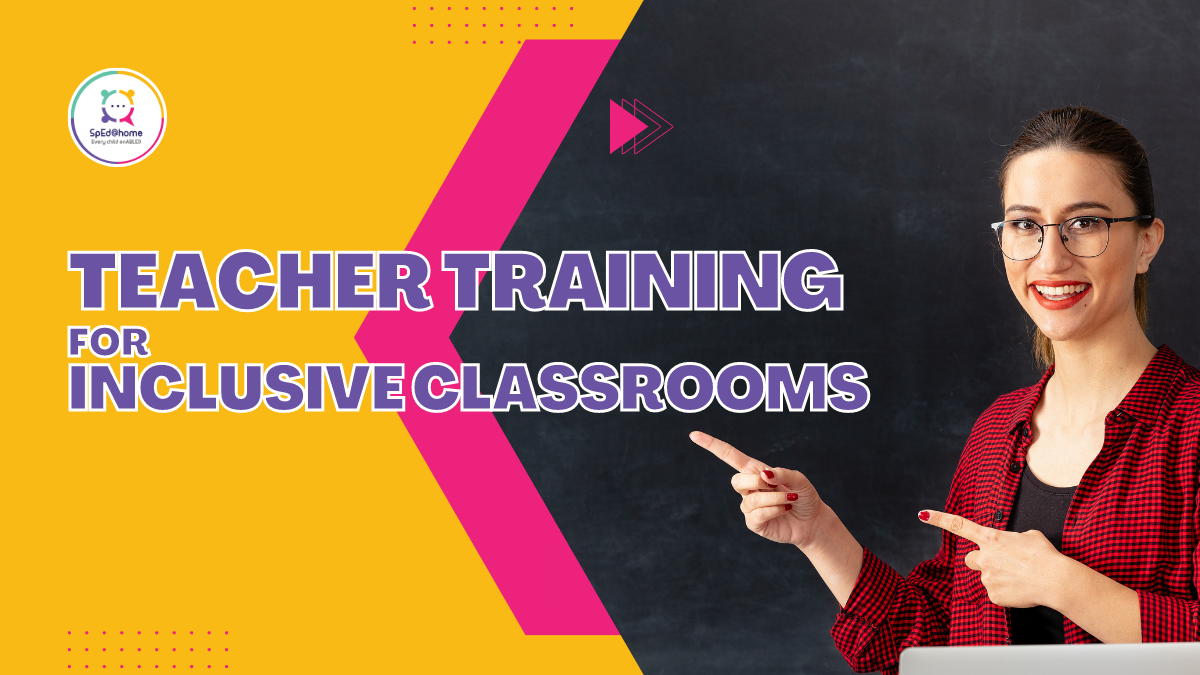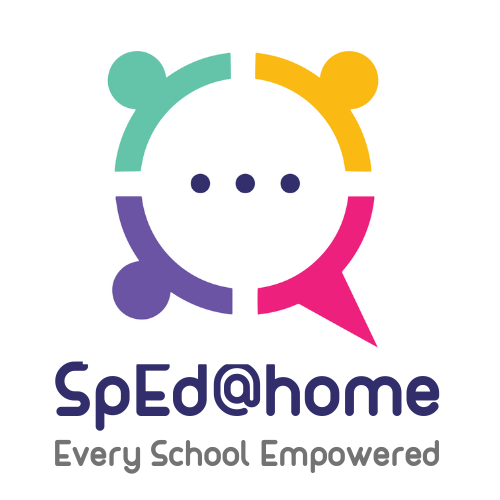Being a special education teacher is a rewarding yet challenging profession. It requires a unique set of skills and qualities to cater to the diverse needs of students with disabilities. To truly make a positive impact on the lives of these exceptional learners, it is essential for educators to develop effective strategies that promote inclusivity, encourage growth, and facilitate success. This article outlines key principles and practical tips to help aspiring special education teachers become more effective in their roles.
Understanding Individual Needs
The first step towards becoming an effective special education teacher is to develop a deep understanding of individual students’ needs. Each student with a disability is unique, with varying strengths, weaknesses, and learning styles. It is crucial to collaborate with other professionals, such as psychologists, therapists, and parents, to gather comprehensive information about the students’ abilities and challenges. This knowledge will allow teachers to tailor their instructional approaches and create individualized education plans (IEPs) that address specific goals and objectives.
Differentiated Instruction
One of the hallmarks of an effective special education teacher is the ability to employ differentiated instruction techniques. By adapting teaching methods, materials, and assessments, teachers can meet students at their respective developmental levels and learning styles. This approach ensures that every student receives appropriate support, challenging them enough to foster growth without overwhelming them. Utilizing multisensory strategies, incorporating assistive technology, and providing opportunities for hands-on learning can enhance engagement and understanding for students with diverse learning needs.
Creating a Positive Learning Environment
Establishing a positive and inclusive learning environment is vital for the success of special education students. A supportive atmosphere that fosters mutual respect, acceptance, and collaboration promotes emotional well-being and encourages active participation. Special education teachers should strive to create a classroom culture that celebrates diversity and encourages students to embrace their individuality. By implementing behavior management strategies and employing positive reinforcement techniques, teachers can promote positive behavior and mitigate challenges effectively.
Building Strong Relationships
Effective special education teachers understand the importance of building strong relationships with their students, as well as with their families and other professionals involved in their education. By developing rapport, trust, and open lines of communication, teachers can gain insight into students’ lives, interests, and challenges. This knowledge enables them to tailor instruction to individual needs and provide appropriate support. Collaborating with parents, therapists, and other specialists ensures a holistic approach to education, facilitating better outcomes for students with disabilities.
Continuous Professional Development
To be an effective special education teacher, a commitment to continuous professional development is essential. Keeping abreast of the latest research, attending workshops and conferences, and seeking out specialized training opportunities will enhance expertise and knowledge in the field. Engaging in professional learning communities and networking with other special education professionals can provide valuable support, resources, and insights. Staying informed about current legislation and best practices ensures that teachers are equipped to meet the evolving needs of their students effectively.
Becoming an effective special education teacher is a journey that requires dedication, compassion, and a deep understanding of the unique needs of students with disabilities. By embracing individual differences, employing differentiated instruction techniques, and creating a supportive learning environment, educators can unlock the potential of their students and foster their success. Continuous professional development and strong relationships with students, families, and professionals further strengthen the impact of a special education teacher’s work, ultimately making a profound difference in the lives of exceptional learners.














